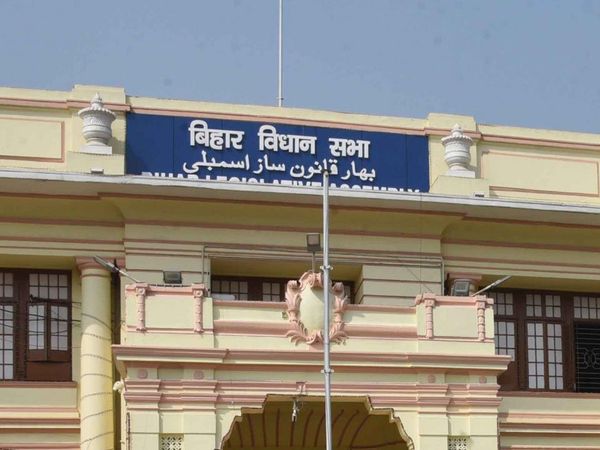
When a child is asked by parents what they got up to at school, they probably won’t confess that they were told off for talking in their English lesson, or that they didn’t do their maths homework.
But now honesty may be the only option as behaviour-tracking apps are becoming increasingly popular as an educational tool.
One of the most common apps, ClassDojo, is now used by at least one teacher in half of all UK schools, according to its developers. The app allows teachers to award points to students throughout the day for good behaviour or take away points for bad behaviour. The students, who also have the app, can see how well they are doing and parents can then see real-time updates. The points for the entire class can even be displayed on screen during the lesson.
Privacy experts and some educationalists have criticised the practice. Andy Phippen, professor of social responsibility in IT at Plymouth University, says many teachers and parents have not considered whether children’s data will be kept private. “It’s something we’re sleepwalking into,” said Phippen.
“With the roll-out of the academies programme and private sector investors, you do start to ask questions: if you have someone who’s got access [to online data] who might have third-party interest, where’s the policy that protects the kids’ data from that?”
Tom Bennett, the government’s behaviour adviser, said that, while recording children’s behaviour digitally is useful, online reward systems require a lot of effort and consistency from teachers if they are going to work. “If you’ve got a child who is misbehaving, you may want to see how they’re doing in other classes so that you can see if there’s a pattern or if it’s just you,” he said.
“But the devil is in the detail – it depends on how you use it. In most cases schools would probably be better to focus on developing an in-school culture that encourages good behaviour and discourages bad behaviour, rather than relying on treats and rewards.”
Behaviour management systems that rely on points to incentivise children divide opinion. Some warn that they can encourage children only to work hard in order to get a reward while others say the very children who struggle with behaviour risk being demotivated if they are constantly ranked behind their peers.
Displaying all students’ results on a screen in the classroom could risk humiliating children, says Andy Christopher Miller, honorary professor of educational psychology at the University of Nottingham and the University of Warwick. “One of the consequences of the public display of results is that you end up shaming kids if they’re not doing as well. That has knock-on effects in terms of their self-esteem, as well as their motivation and behaviour.”
Martha Hughes, deputy headteacher at Coupals Primary Academy in Haverhill, Suffolk, who uses the app with year 6 students, says she would never display a child’s individual results in front of others. But she adds that the app is a useful way to send pictures of classwork home and keep in touch with parents.
“We just had mock SAT exams, so I put these in the letter home with their results and said that if there are any worries that stop you or child enjoying their [half-term] holiday, please send me a message. When kids are stressed, things like that are really important,” she said.
“We live in such a connected world and yet, every day, parents will drop their child off at school, and it’s six to eight hours of having no idea what is happening with the person who matters most to them in the world,” a spokesperson for the company said, adding that information is never sold or rented to third parties and that parents or students can requestthat their accounts be deleted.
The developers of ClassDojo say the feedback they have received from both parents and teachers has been positive.

















